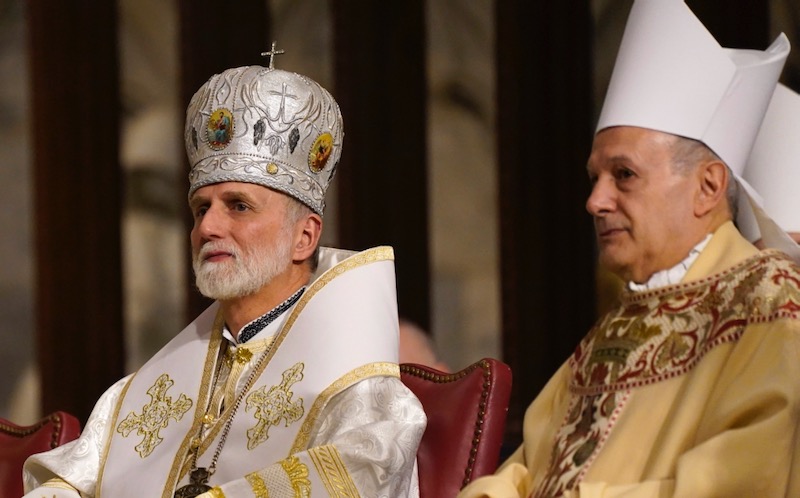Campaigners have hailed the dropping of a controversial clause from the government’s Nationality and Borders Bill. On 28 February, the House of Lords voted to exclude a clause from the bill which would have introduced “differential treatment” of refugees, in a move described as “disgraceful and dishonourable” by faith leaders.
Clause 11 of the upcoming borders bill would introduce different treatment of refuges by the state based on how they arrived in the UK and the point at which they presented themselves to authorities.
Those who travel through a third country to reach the UK, do not have documents, or wait to claim asylum would be designated “group two” refugees. The bill itself, framed by the UK government as an effort to tackle human trafficking and make the asylum system fairer, has been criticised by the UN’s refugee agency as a system that would “penalise most refugees seeking asylum in the country” and undermining “established international refugee protection rules and practices.”
The UK government’s own equality impact assessment of the bill found that the legislation would disadvantage asylum seekers from Syria, Afghanistan, Iran and Sudan.
Introducing a raft of legal changes, from raising penalties for “illegally entering” the UK from six months to four years in prison, to introducing life sentences for “people smugglers” and new powers to deport refugees to “safe countries”, the bill will be returned back to the commons for a final vote before becoming law. At this stage, clause 11 could be reintroduced and included in the final legislation.
The Lords also voted against clauses that would make it easier to deprive people of British citizenship, and in favour of an amendment that would allow people seeking asylum to work after residing in the UK for six months. Like clause 11, these changes could be reversed in the final vote.
Sophie Cartwright, senior policy officer of the Jesuit Refugee Service, praised the removal of clause 11: “This defeat represents a victory for humanity, and the very principle of international protection. MPs will now have a meaningful chance to consider these amendments.” She asked supporters to write to their MPs requesting the amendments be retained.



 Loading ...
Loading ...